#california
California Rules Uber/Lyft Must Reclassify Drivers
A California appeals court unanimously ruled against ride-hailing giants Uber and Lyft on Thursday, mandating that they would indeed need to reclassify drivers operating within the state as employees.
The duo have been pushing against Assembly Bill 5, which seeks to reclassify contracted, gig-economy workers as fully fledged employees entitled to all the associated benefits, all year. California even sued Uber and Lyft in May for refusing to comply with with the order but they’ve claimed AB5 will severely hinder (if not eliminate) their ability to operate within the state and have backed a measure called Proposition 22 that would grant them special exceptions.
California Urges Manufacturers to Tattle on Themselves
On Wednesday, the California Air Resources Board (CARB) urged manufacturers to disclose any unapproved hardware or software that might place a vehicle’s emissions outside of the acceptable parameters of legality. CARB said those who comply would be subjected to reduced penalties and reminded everyone that it’s going to be opening a state-of-the-art testing facility that will be better at catching cheaters in 2021. It’s so advanced, the board suggested it might even be able to catch totally new violations.
You’ve likely seen this tactic employed by an exasperated parent or substitute teacher. An illicit substance is found tucked away somewhere and they parade it around demanding whoever owns it to fess up immediately or face harsher consequences later. This obvious trap is best avoided by committing a lesser crime right then and there or being so obstinate that you’re issued a minor punishment just for being annoying — thus freeing you of suspicion for the pornography Mr. Lawson found taped beneath the bleachers.
Uber, Lyft Spending Big to Fight Californian Gig Economy Laws
California Moves to Ban Sale of New Gas Cars by 2035
California governor Gavin Newsom has signed an executive order that will ban the sale of new cars that are gasoline-powered, beginning in the year 2035.
“This is the most impactful step our state can take to fight climate change,” Newsom said in a statement. “For too many decades, we have allowed cars to pollute the air that our children and families breathe. You deserve to have a car that doesn’t give your kids asthma… Cars shouldn’t melt glaciers or raise sea levels threatening our cherished beaches and coastlines.”
Daimler Agrees to Pay $2.2 Billion Diesel Emissions Settlement
Daimler has officially agreed to pay $2.2 billion as a resolution to the United States’ diesel emissions cheating investigation and over 250,000 claims from Mercedes-Benz customers. The automaker stated that it was likely going to settle in August, estimating a need to set aside roughly $1.5 billion to appease U.S. authorities. Another $700 million was earmarked for civil suits, with the company assuming millions more would be needed to fulfill the requirements of the various settlements.
Court documents shared by Reuters show the company agreeing to pay 250,000 owners up to $3,290 each on vehicles that exceed regulatory emissions standards through the use of emissions cheating software. It also decided against opposing spending $83.4 million in attorney fees and expenses for the owners’ legal representation — something Volkswagen called “unwarranted” in a similarly sized suit where the attorneys were only asking for $59 million. However, VW’s emission woes have remained obnoxiously persistent since 2015 and have cost it well over $40 billion.
By contrast, Daimler is getting off with a slap on the wrist by settling for just a couple billion smackers. Although the likelihood of further criminal action remains relatively high in both the United States and Europe. Keep in mind that it took prosecutors nearly five years just to get this far and governments around the globe are disavowing diesel vehicles as if they appeared in a group photo on Jeffrey Epstein’s private island.
LAPD's Green Fleet Goes Back On Sale
In 2014, Mayor Eric Garcetti wanted to show Los Angeles that he would take an active role in spearheading “environmental justice,” announcing several initiatives to combat the city’s notorious air pollution.
One of those efforts involved transitioning government-owned fleets towards battery power and hybridization. By the following year, the LAPD announced it was ready to consider contracts with various automakers ready to help provide the non-emergency administrative unit (which was new at the time) with a fleet of environmentally friendly vehicles.
BMW ultimately won out, resulting in a fleet of i3 hatchbacks — some of which were painted and given lights for traffic enforcement duties or other light police work (e.g. community outreach). The leasing agreement kicked off in 2016 and ultimately cost taxpayers over $10,200,000 when combined with the charging infrastructure that had to be installed to support them. But the department and the mayor started taking heat after the public learned the vehicles were hardly ever used for police business, resulting in a minor scandal.
Notifying the world that the program seems to have been a massive waste of resources didn’t change anything, however. Most vehicles saw little use through 2019 and many are now being sold by the dealership that initially leased them to the LAPD.
California Blinks: Uber/Lyft Granted Extension on New Labor Laws
The battle between the purveyors of ride-hailing apps and the State of California has been an interesting one. The West Coast’s gig economy looked ready to be nuked from orbit following the passing of Assembly Bill 5 (AB5), leaving a glassy crater of jobless part-timers and the corporations that were dependent upon them — even though the stated goal of the rule was to protect gig workers from being taken advantage of.
Uber and Lyft looked to be the most impacted by the new law, as their entire business structure revolves around managing fares for drivers whose status as “independent contractors” was up for debate.
Claiming that hiring drivers as full-fledged employees would make the existing business model untenable, Uber and Lyft suggested they were looking into alternative solutions while fighting legal battles that would effectively make them exempt from the new law. San Francisco Superior Court Judge Ethan P. Schulman threw cold water on that concept when he ruled against the duo, saying drivers were essential to ride-hailing operations and needed to be treated as regular employees receiving the full benefits they’re entitled to.
The corporations’ last hope was double down on threat to leave the state and hope a California appeals court would grant them an extension to stage another legal fight, or just comply with AB5… which is exactly what happened on Thursday afternoon.
Lyft Abandons Operations in California Following Court Decision
As Uber contemplates ways to avoid having to close up shop in California following the passing Assembly Bill 5, Lyft is simply suspending operations as it waits to see how the appeals process works out.
On Thursday, the fuchsia-themed ride-hailing firm said it would not be able to maintain business as usual in the Golden State, citing several of the reasons we prognosticated in yesterday’s article about Uber mulling a franchise model. Included in the release was an inability to hire enough drivers in a manner that would appease the new law, resulting in reduced service (especially in suburban and rural areas), and a pricing increase deemed unfeasible for existing customers if implemented.
Uber Considers Franchise Model After California Cracks Down on Contractors
California took on the gig economy by passing updated labor laws (Assembly Bill 5) mandating companies treat contractors more like regular employees. Some predicted this would be the death knell for ride-hailing firms like Uber and Lyft, who are entirely dependent on them for their daily operations. Worse still, these companies remain unprofitable despite most of the the physical expenses being pushed onto drivers — who remain responsible for the upkeep of their own vehicles after receiving their cut of the fare.
Earlier this month, Uber CEO Dara Khosrowshahi published an op-ed in The New York Times suggesting contractors deserved better, but current circumstances dictated that the situation remain largely unchanged. He later suggested the service might have to leave California as it restructured its business model to appease new rules, saying it had to reclassify drivers as employees with all the accompanying benefits (paid leave, minimum wage, unemployment insurance, etc). San Francisco Superior Court Judge Ethan P. Schulman said that would be fine last week when he ruled that Uber and Lyft drivers were essential to operations and could not be treated as tangential to the business. He wanted to be absolutely clear that exemptions would not be made for ride-hailing firms, stating that it was “high time that they face up to their responsibilities to their workers and to the public.”
Uber lost $8.5 billion in 2019, making it difficult to envision a future where it can begin offering more to its drivers. But it also doesn’t want to lose out on market share as the industry jockeys for position. There needs to be another solution.
What about moving to a franchise model?
Junkyard Find: 1988 Dodge Colt DL 4WD Wagon
Junkyard Find: 1973 Buick Century Gran Sport
After writing about more than 2,000 discarded vehicles during the past 13 years, I haven’t found many legitimate machines from the Golden Age of the Detroit Muscle Car. I believe this era started with John DeLorean’s brilliant marketing of the 1964 Pontiac GTO and ended at some point during the 1972-1974 period, depending on how many beers you’ve consumed before beginning the debate about the edge-case vehicles.
Today’s car meets most of the requirements: a GM A-Body coupe with spiffy graphics, a thirsty big-inch V8 engine, and school-of-hard-knocks small chrome bumpers.
American States Join Forces to Promote Electric Trucking
A bundle of U.S. states and the District of Columbia unveiled a joint memorandum of understanding on Tuesday targeting the proliferation of medium and heavy-duty electric vehicles.
News of the agreement comes less than a month after the California Air Resources Board (CARB) showed off a policy that would legally obligate manufacturers to sell an increasing number of zero-emission vehicles (ZEVs) from 2024 onward. That plan aims to basically eliminate diesel-powered semis by 2045, though the new memorandum has its sights set on 2050.
Hauling In California? That Rig Had Better Be Green
The California Air Resource Board (CARB) just passed a mandate that will require manufacturers of big rigs, heavy duty pickups, and some construction equipment to adhere to new zero-emission quotas and a carbon-credit system.
As all-electric 18-wheelers are in short supply, California wants to wait a few years to put the new rules into play. Still, it’s eager to get the ball rolling so it can start replacing diesel-driven transport with something from the battery-electric section. It also gives the state another opportunity to pat itself on the back despite not having any clue whether or not the strategy is economically sustainable. Even with battery technology moving at a fair clip, there’s a lot of engineering left to be done before these types of vehicles can become commonplace.
Rivian Snubs Michigan for California
Following reports that Rivian might decide to move a large portion of its operations out of Michigan, news has reached us that it’s all but abandoning the Mitten State for sunny California.
Starting its life as Avera Motors in Florida back in 2009, the EV startup moved to Plymouth, Michigan in 2015 to poach talent from the Big Three and lay down some roots. However, the company doesn’t appear to have wormed its way into the soil all that deeply. It now plans to move a sizable portion of its operations to Irvine, California, with some employees heading to its plant in Normal, Illinois, to prepare for production.
This has got to be a slap in the face for some Michigan residents, since many were instrumental in the development of Rivian’s first models. The business fired a gaggle of people at its engineering and design center near Detroit at the start of June, only to slot in a couple of high-paid executives. Now it’s starting to look like it may pull up stakes and skip town.
Silver and Gold: Nevada Joins California in the Gas War
On Monday, Nevada Governor Steve Sisolak announced that his state will embrace California-crafted emissions rules that are at odds with the national rollback finalized by the Trump administration in March.
Officially, Sisolak said the rules would not require residents to abandon their current ride “or choose one that does not work for their lifestyle or business needs.” Nevada has, however, decided to adopt higher mpg standards, as well as the Golden State’s zero-emission vehicle (ZEV) rules that require manufacturers to sell a certain number of electric or plug-in hybrid models each year based on the total number of vehicles sold within the state.
Companies in compliance accrue ZEV credits, which can then be traded or sold to other manufacturers for money. As with the Corporate Average Fuel Economy (CAFE) system, those that cannot hit their targets (or afford to buy up credits) will be fined. Tesla actually used such arrangements to make $594 million off its rivals in 2019, with the prospect of things only getting more lucrative for the all-electric brand.



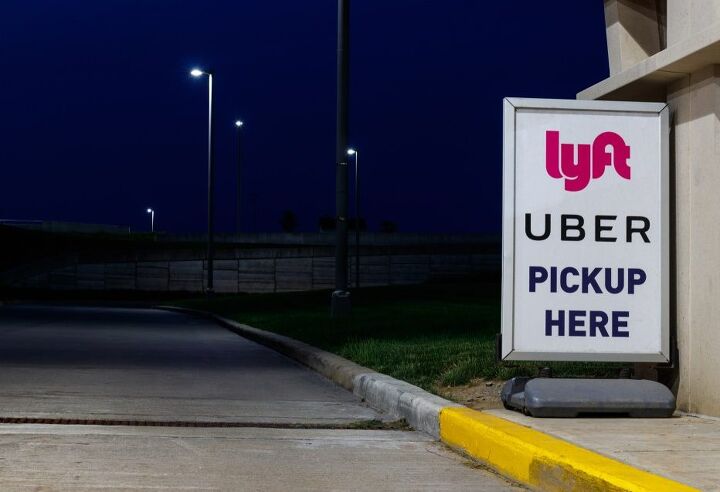


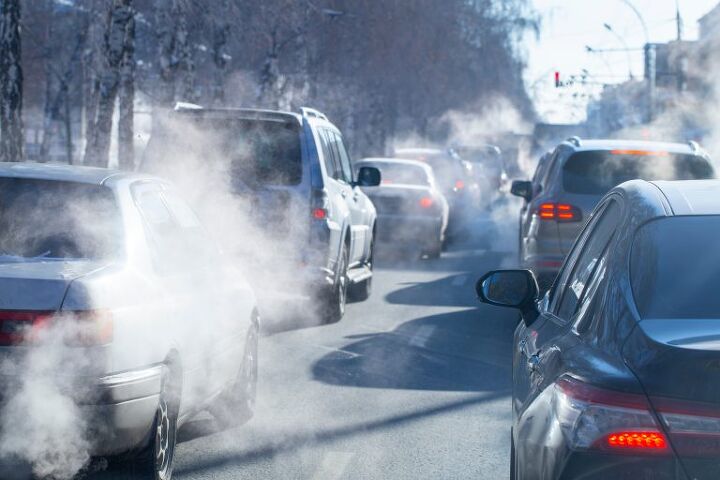

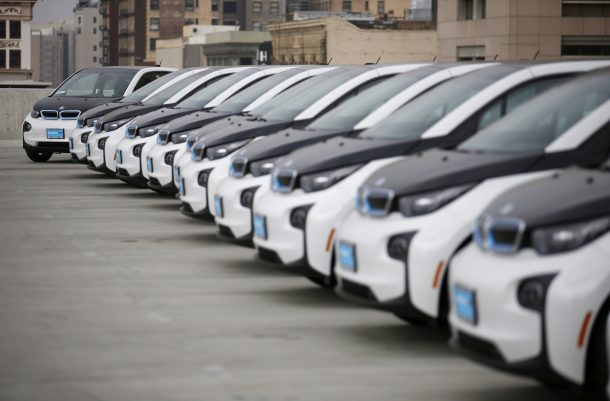

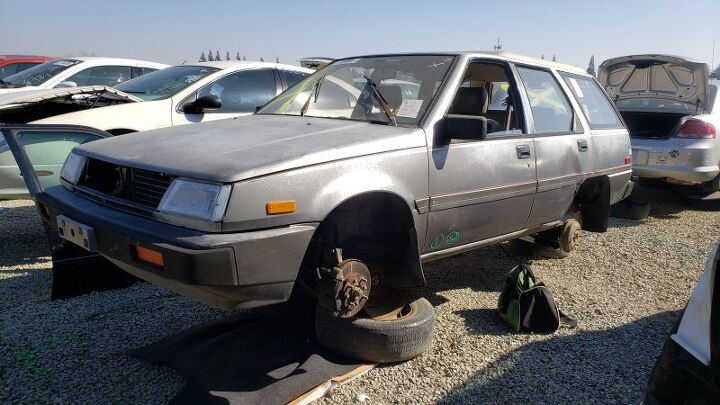
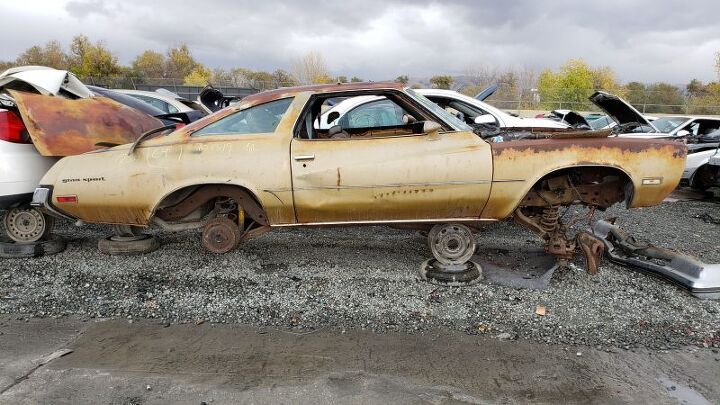
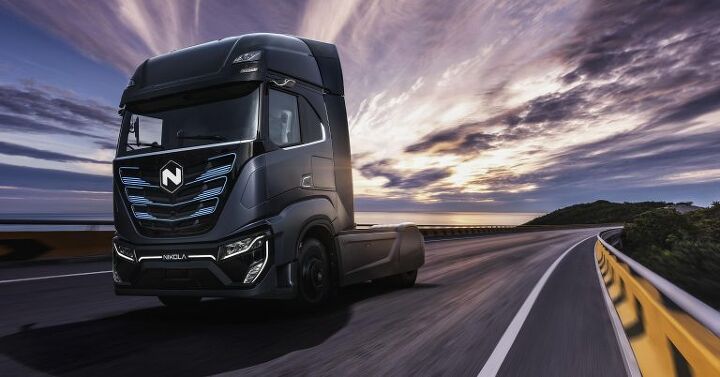















Recent Comments